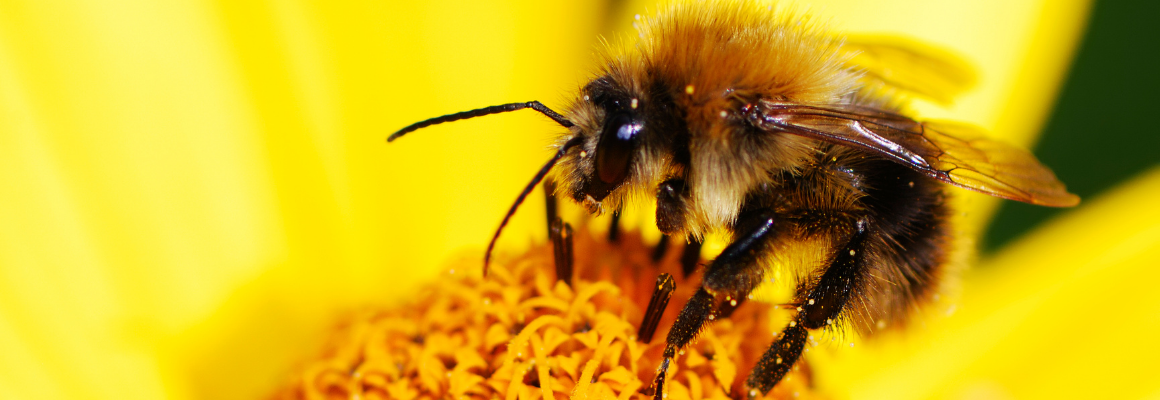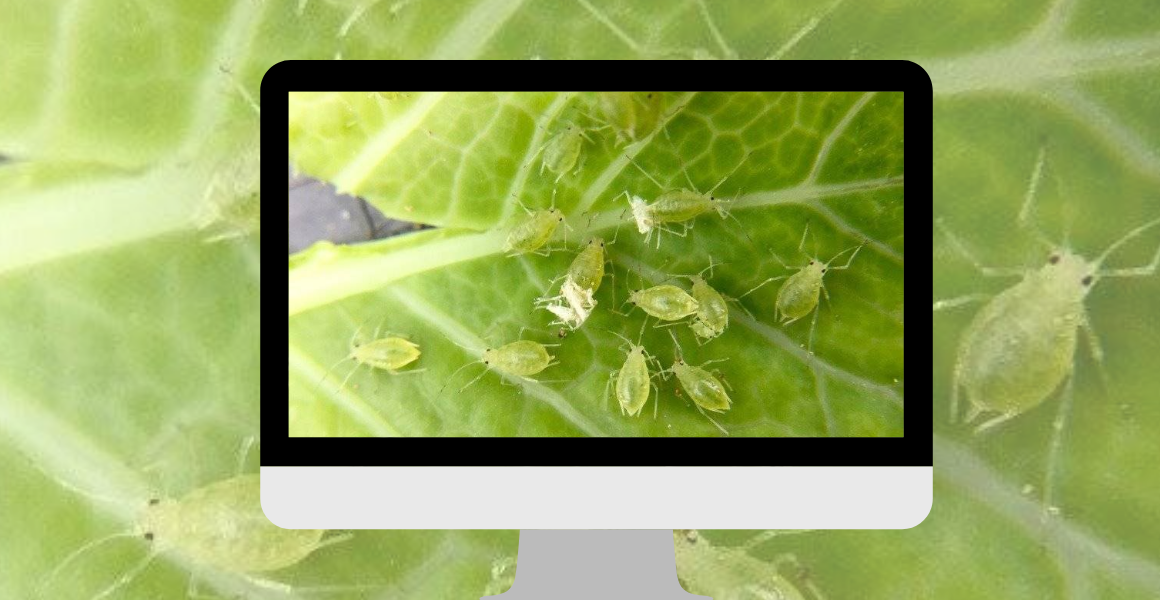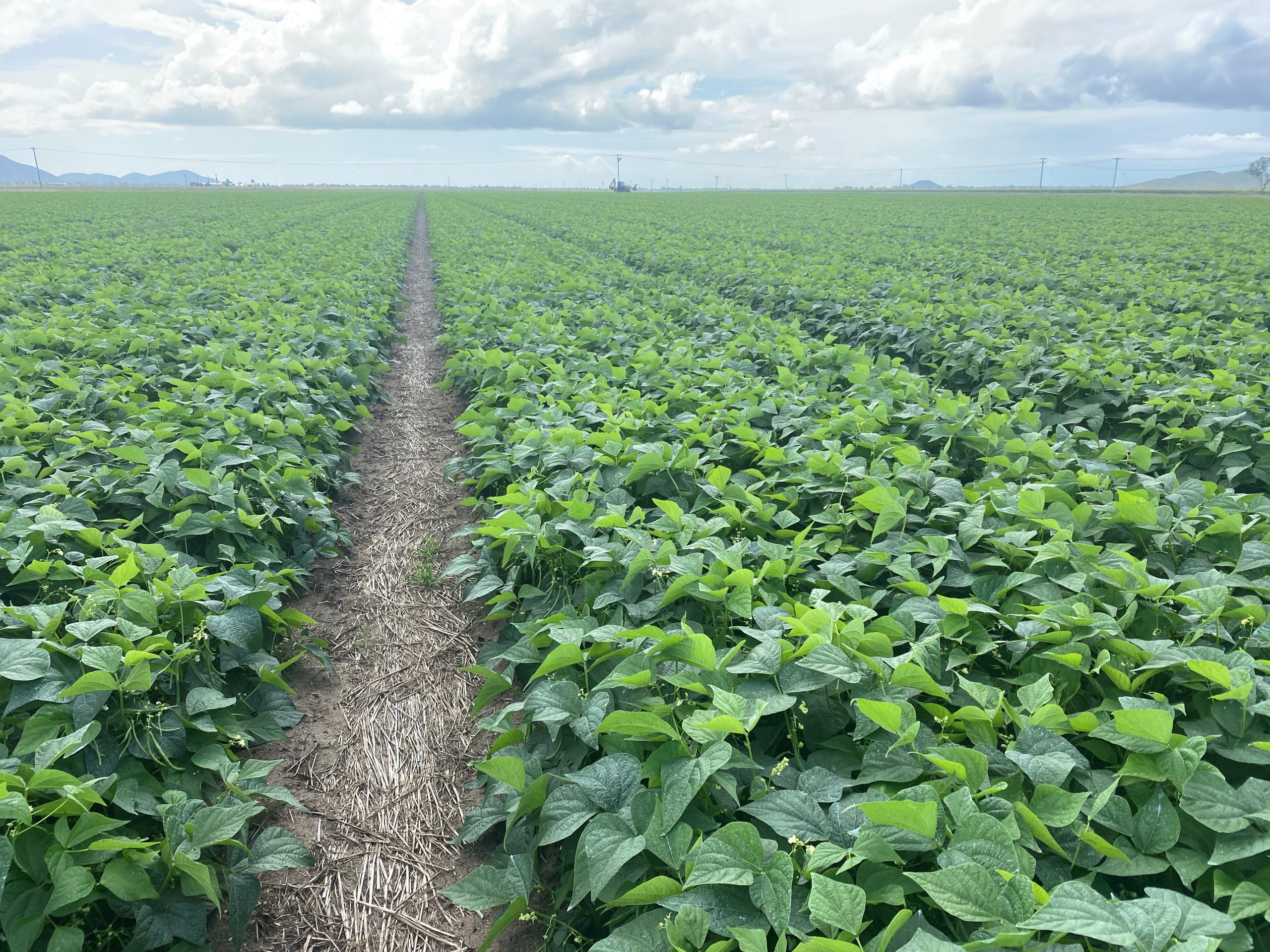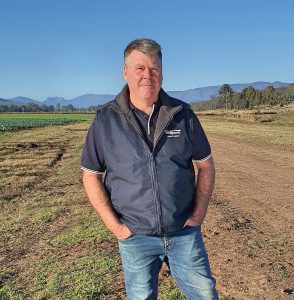
Project overview and update: Novel technologies and practices for the optimisation of pollination within protected cropping environments
21 September 2021
Webinar recording: Green peach aphid resistance management
28 September 2021Andrew Johanson is Mulgowie Farming Company’s Sustainable Farming Practices Manager. In this article, AUSVEG EnviroVeg Coordinator Danielle Park catches up with Andrew to learn more about Mulgowie’s approach to environmental sustainability, its involvement with the EnviroVeg program and the importance of teamwork and collaboration when it comes to implementing change across five different regions.
Mulgowie Farming Company oversees vegetable growing operations that span 5,000 hectares of land strategically located down the eastern seaboard of Australia. To ensure continuous year-round supply and mitigate weather events, Mulgowie’s farms and packing facilities are spread from as far as Home Hill in north Queensland, down to Boisdale in Victoria’s central Gippsland region.
With a long history of adopting and promoting good agricultural practices, Mulgowie chose to include four properties in the EnviroVeg Program’s pilot phase in 2019.
The EnviroVeg program allowed each of the Mulgowie farms participating to review current practices against best practice, as well as use the benchmarking capability to visualise each of its farms.
Many of the EnviroVeg components aligned and supported the farm plans that Mulgowie was working with its team to develop, including improving water efficiency, reducing pollution risk and pesticide use, preventing soil erosion, and increasing soil carbon to leverage plant health.
EnviroVeg training was held on Mulgowie farms in Queensland and Victoria, allowing farm teams to work together, review current practices and identify opportunities to collaborate and continue to improve in key areas.
Following the pilot phase, additional farms have elected to join the EnviroVeg program.
Operational focus
Sustainable Farming Practices Manager Andrew Johanson says farmers at Mulgowie are continually learning about the land and how to protect it.
“Mulgowie farmers keep the environment at the forefront of decision-making,” he says.
In his role, Andrew’s key focus is to prevent soil degradation and the loss of microbiology and organic matter. He does this by working with the Mulgowie team across the different farms and regions.
“The goal is to farm sustainably, while reducing inputs. We have been able to achieve this by improving soil condition, microbial activity, worm populations, composting, controlled traffic, minimum or no-till, and cover cropping,” Andrew explains.
Mulgowie has invested in environmental practices that have led to further improved operational efficiencies and economic benefits. These have been a result of reductions in fuel and electricity use, fewer irrigation and fertiliser requirements, less soil loss and reduced labour costs.
“The team at Mulgowie takes great pride in developing new methods that improve water use, soil, plant quality and reduces water pollution, which have resulted in improvements to our fresh vegetable produce, including increased shelf-life, improved taste, and better nutritional levels,” Andrew says.
Mulgowie also has a soil health strategy rolled out across all farms. The operation’s commitment to soil fertility has seen the farms engage in a composting initiative, with organic matter mixed in with mill mud applied to the soil. Additional green waste is used in other composting and waste utilisation initiatives.
“As one of Australia’s larger vegetable farmers, we’re vertically integrated to ensure quality control from the soil to the plant, to the product and shelf,” Andrew says.
“Our farmers have a deep commitment to sustainably managing the environment and producing nutritionally rich plant-based food to support our community’s health and wellbeing.”
Sustainability, productivity and carbon goals
At Mulgowie, the stated focus is ‘Healthy Soils, Healthy Plants, Healthy People’.
“Growing great nutritious vegetables and preserving that nutritional benefit through to the consumer is our goal. The fact that improving our soil also results in carbon sequestration and ‘net negative’ at the farmgate is a very welcome side benefit,” Andrew says.
The team approach and collaboration across Mulgowie farms and regions includes the implementation of cover cropping, controlled traffic farming, and minimum tillage.
“The move to zero or strip tillage has shown an immediate result in plant vigour, yield and resilience,” Andrew explains.
“We’ve also observed improved soil water infiltration and water holding capacity, while soil has become more friable.”
To understand the impact of these practices beyond their production benefits, Mulgowie has begun working with Carbon Friendly® – an international accounting methodology that is based on the Greenhouse Gas Protocol guidelines and directives.
“We track our carbon sequestration using a certified Carbon Friendly® farming operations method to show a reduction in greenhouse gas emissions for the same agricultural crop or product over the same period of time,” Andrew says.
“Retaining carbon in soil, building organic matter and improving water holding capacity are further challenges of modern agriculture.”
Plants have also been seen to be more resilient to increased occurrence and severity of weather extremes.
Mulgowie has been better able to maintain supply to customers during the last severe drought when others could not as a result.
Participating in EnviroVeg
For vegetable growers looking to assess their current practices on-farm, the EnviroVeg Program is one way of identifying opportunities for improvement, as well as benchmarking against others in the industry.
The program was established to improve the longevity of vegetable growing regions; benchmark industry data; and develop industry recognition for environmentally responsible, sustainable production methods.
EnviroVeg is industry-led and promotes best management techniques by providing resources, support, engagement, and a pathway to recognition for vegetable producers.
Find out more
For help with accessing the EnviroVeg self-assessment, please contact AUSVEG EnviroVeg Coordinator Danielle Park on 0432 324 822 or email danielle.park@ausveg.com.au.
This project has been funded by Hort Innovation using the vegetable research and development levy and contributions from the Australian Government.
Project Number: VG16063


